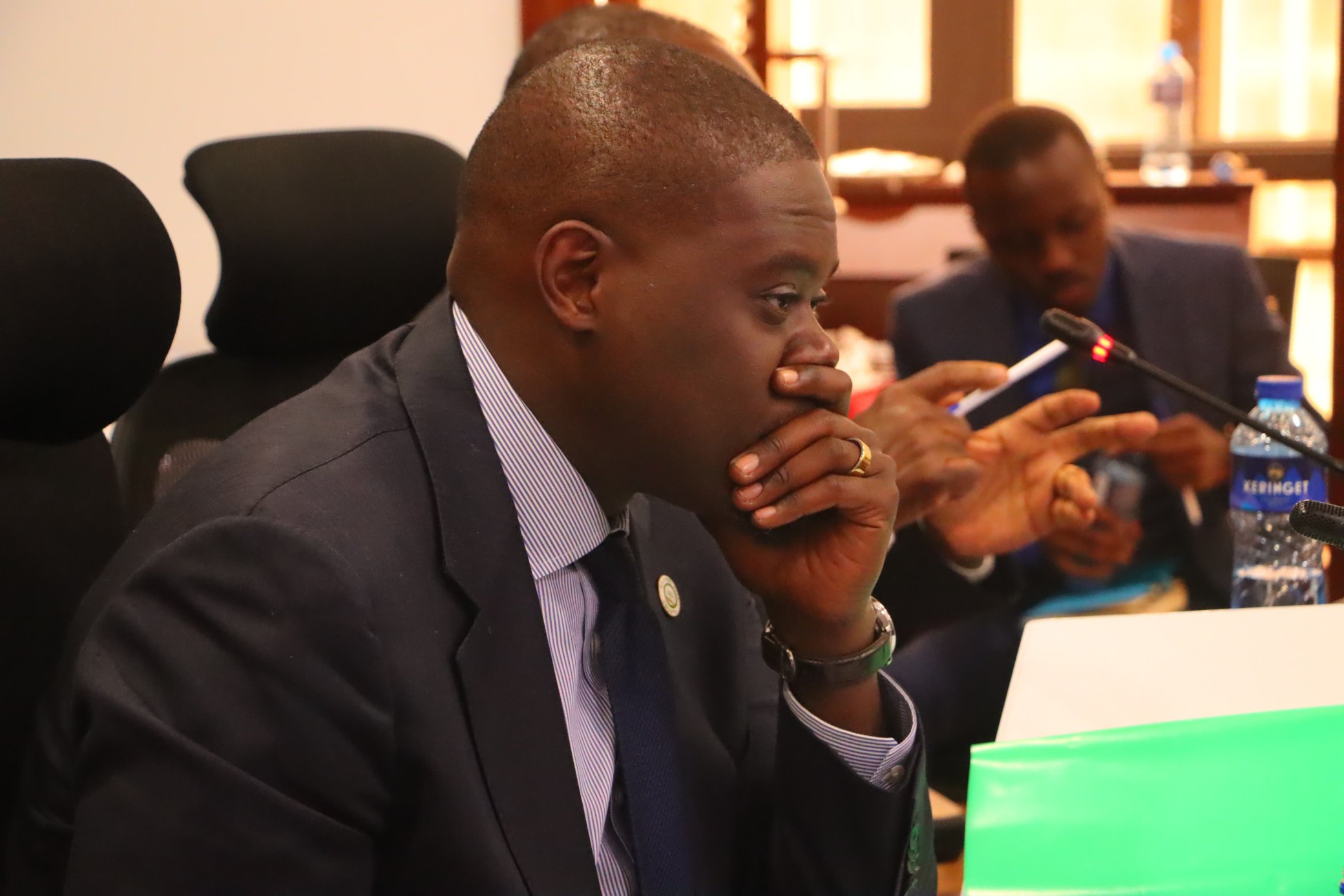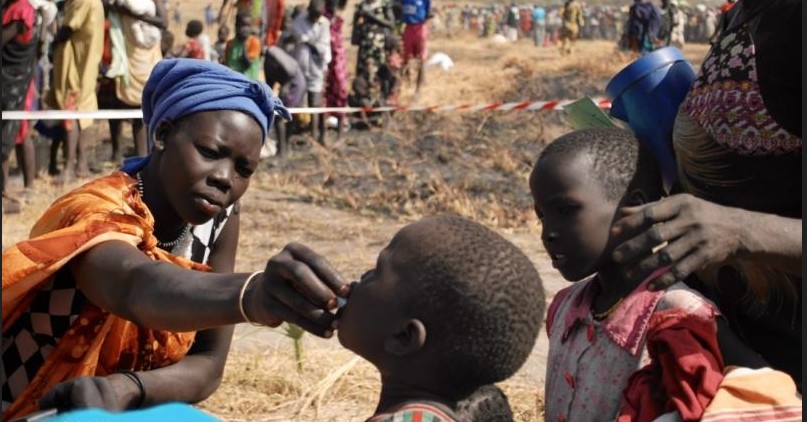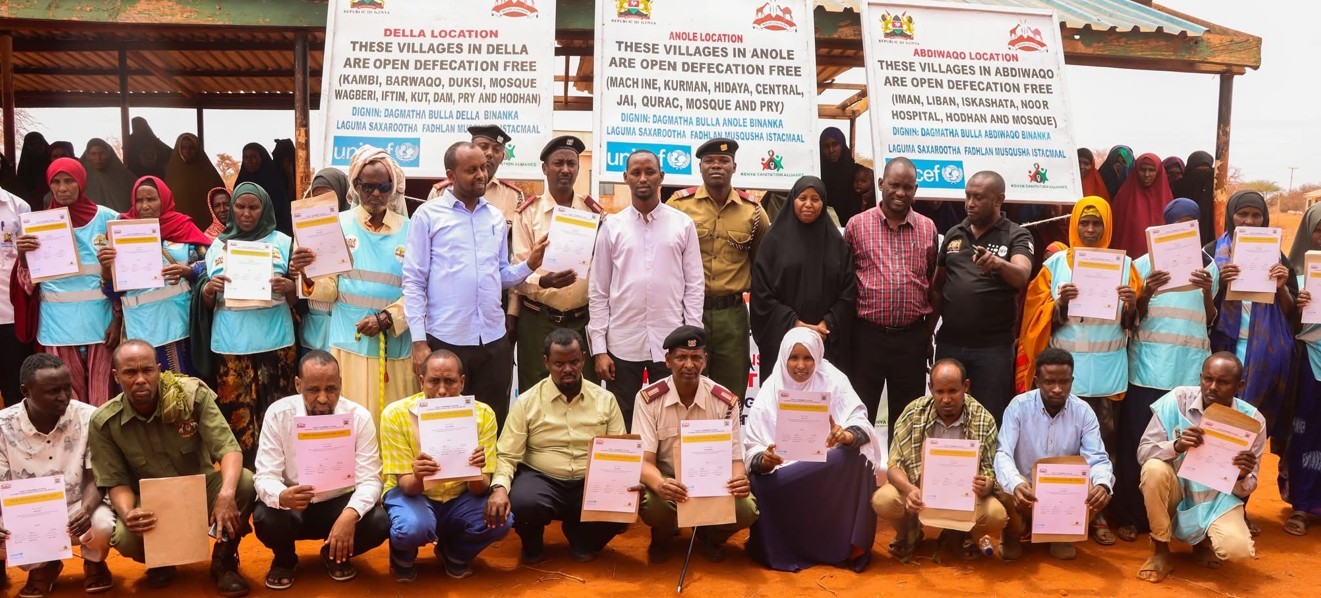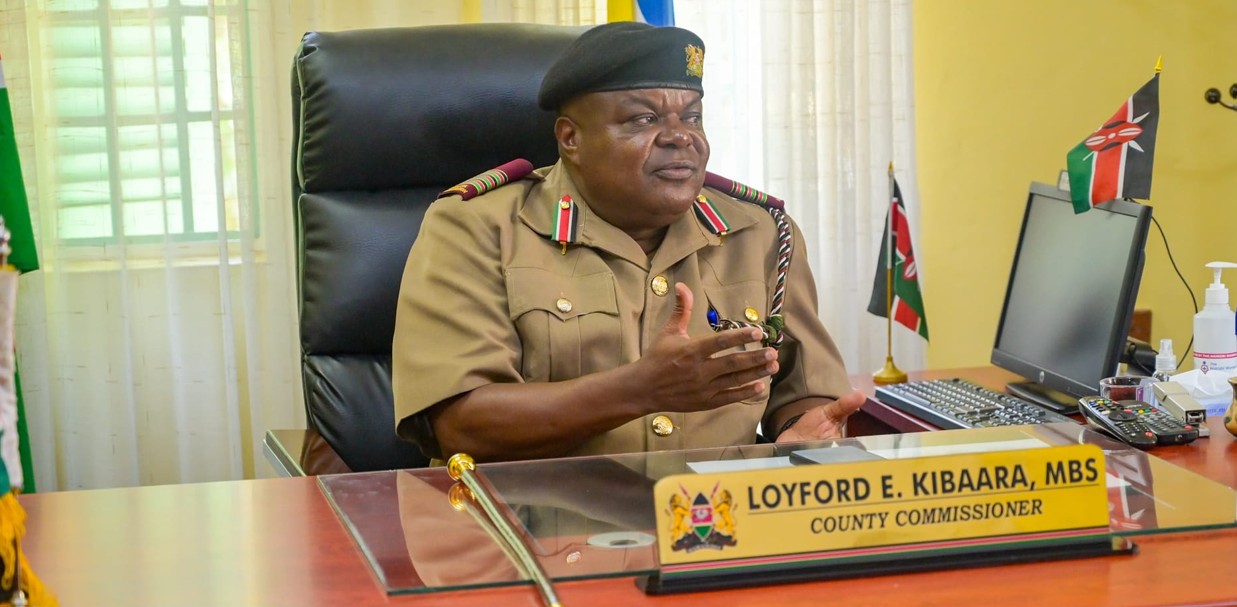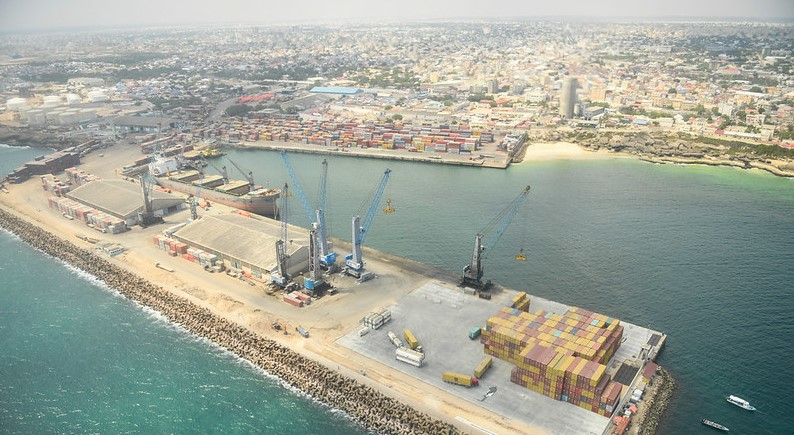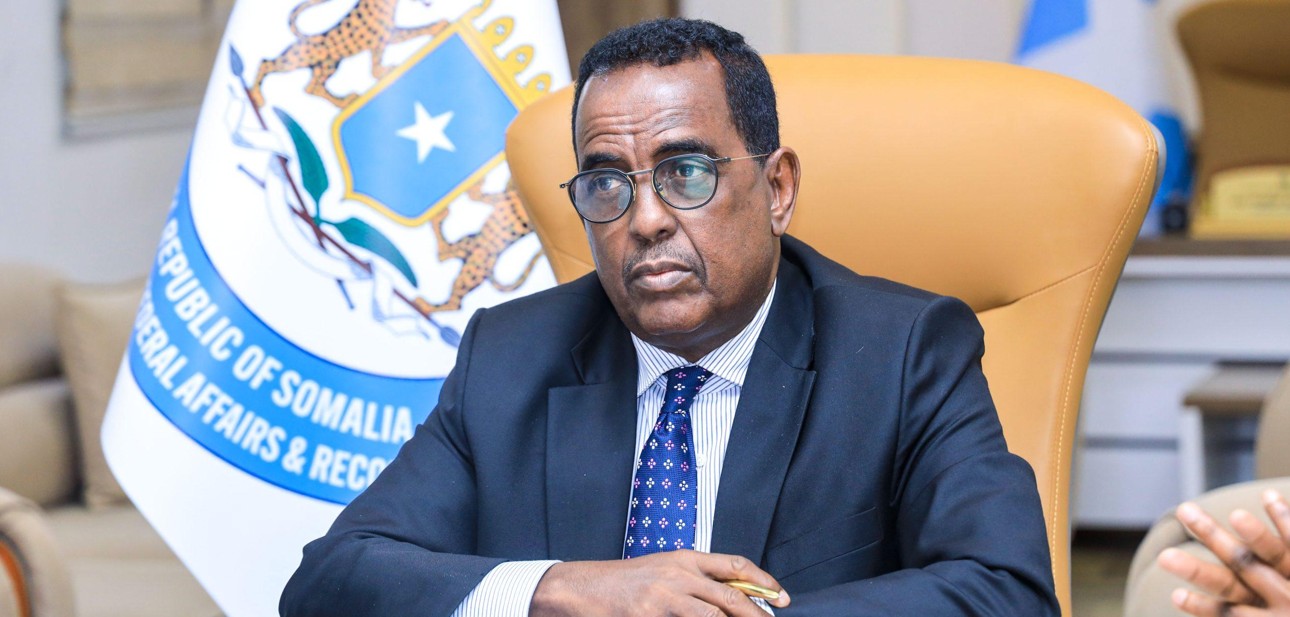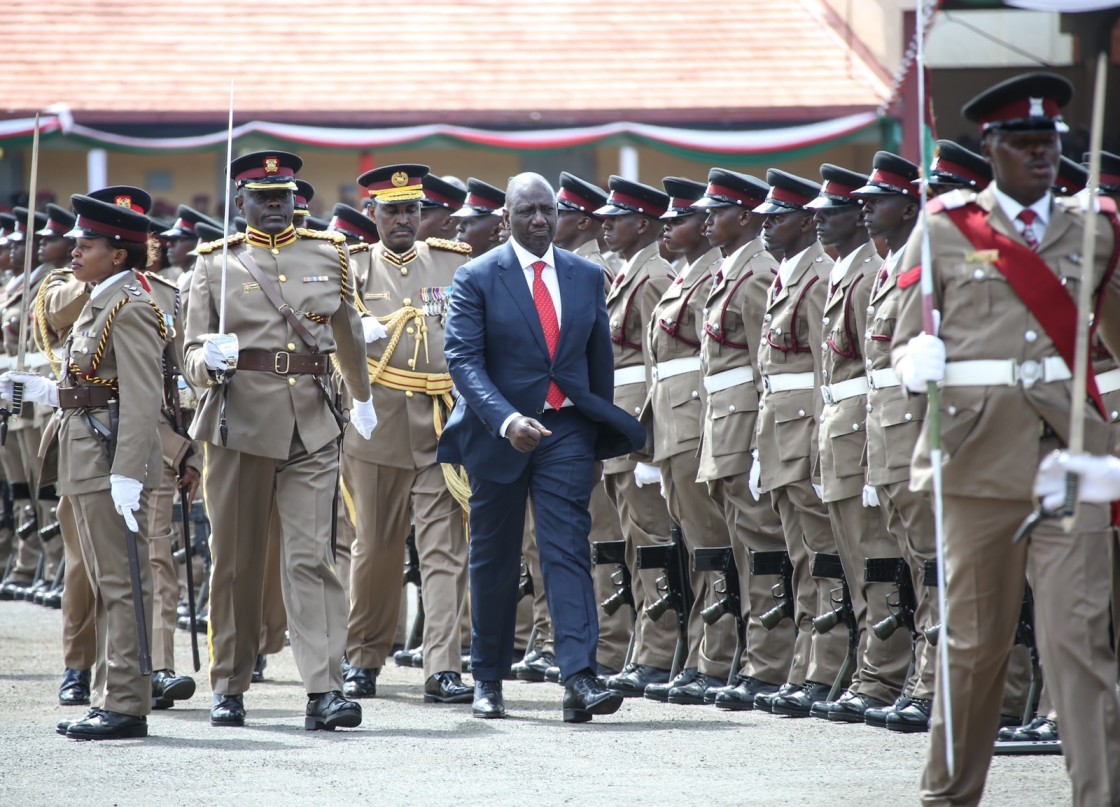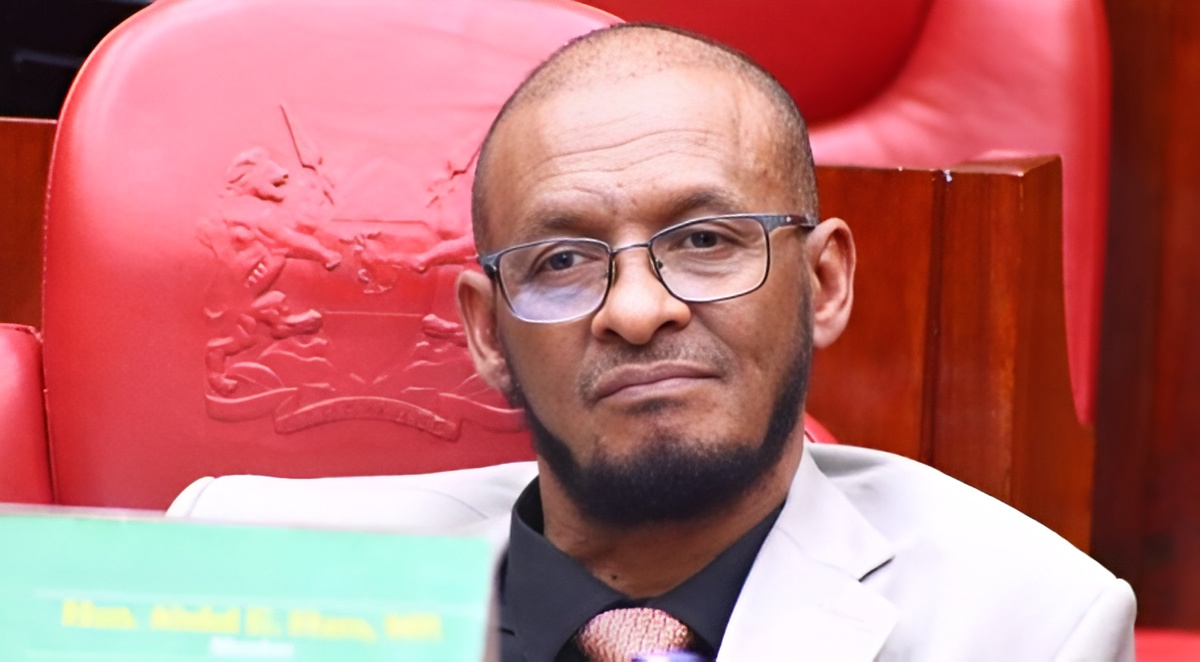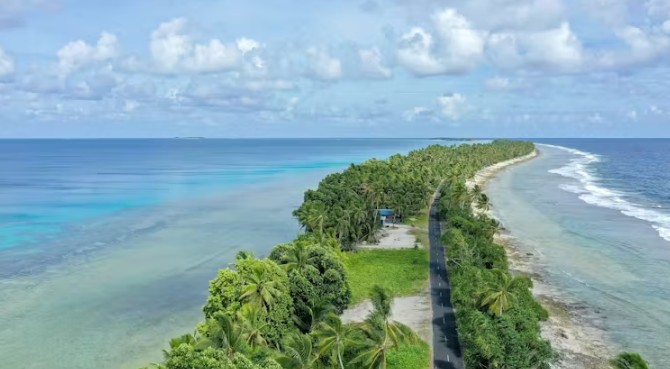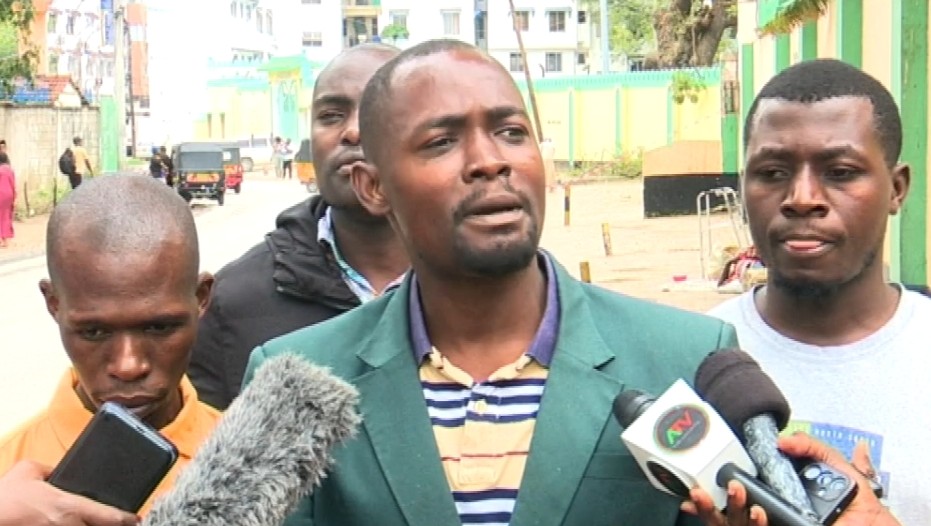New Bill proposes Sh10m fine, 10 years in jail for vandalism of infrastructure
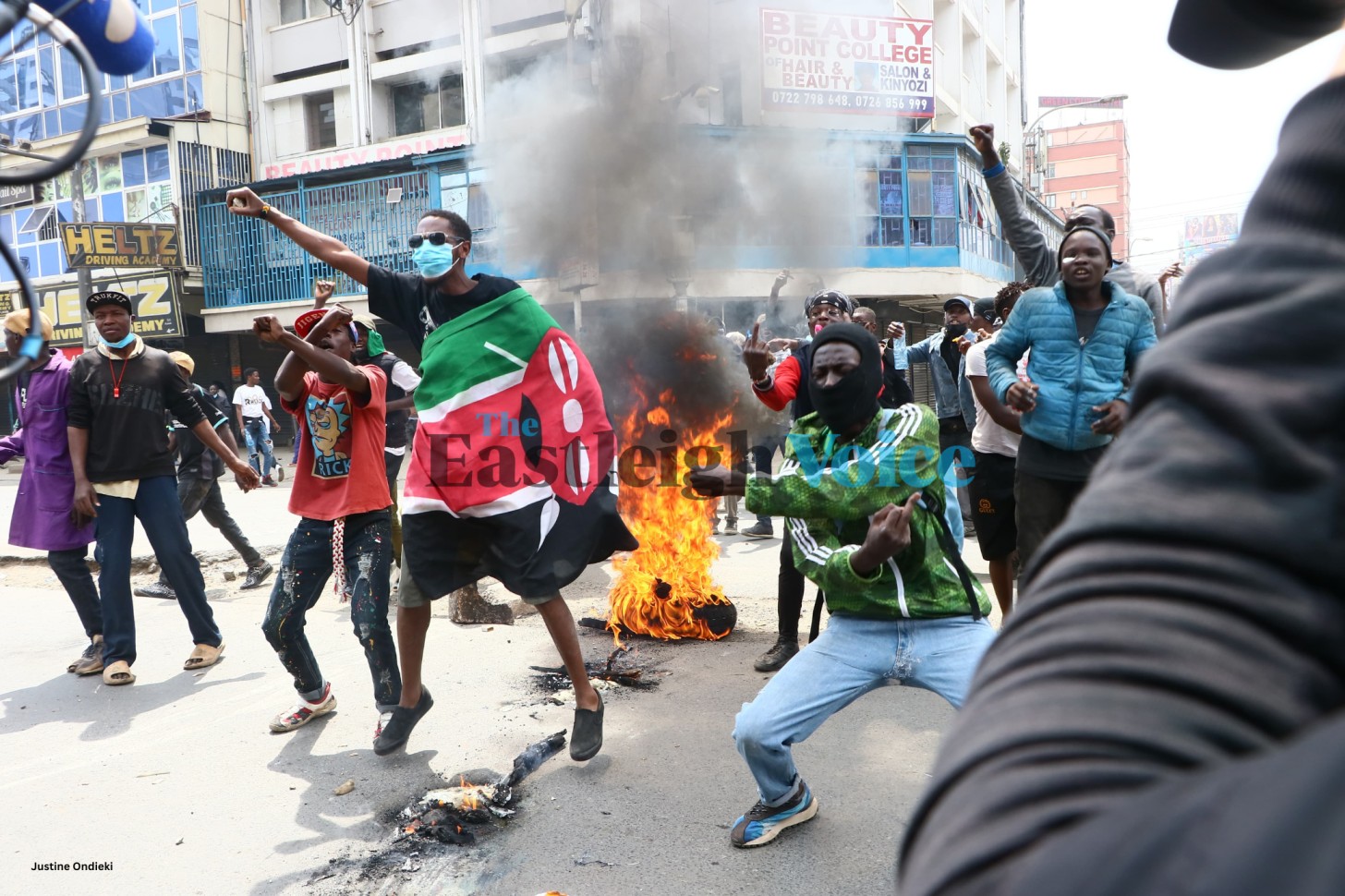
The Bill also proposes the establishment of the Critical Infrastructure Protection Committee, which will consider applications for declaring infrastructure as critical.
When protests go South, stone-throwing, bonfires, tear gas, police beating and arrests are normally the order of the day.
However, infrastructure gets destroyed one way or another, with the motive always unknown.
More To Read
- Families of missing Kenyans lay bare frustrations in search of their kin as IPOA decry lack of capacity to handle cases
- Activist Boniface Mwangi enters 2027 presidential race with justice and equity agenda
- Pentecostal Voice of Kenya warns of worsening corruption, lawlessness in Kenya
- Treasury reports fastest tax growth in two years amid July protests
- US report raises alarm over deterioration of human rights in Kenya
- Five Kenyans sue IG Douglas Kanja, top security chiefs over protest violence inaction
During the anti-government protests in June, President William Ruto said property worth Sh2.4 billion was either destroyed or burned down during the protests.
A new Bill has now been sponsored to curb such destruction.
You could face a Sh10 million fine or 10 years in jail if you vandalise, steal, set fire to, or deface essential state or private infrastructure under the Protection of Critical Infrastructure Bill, 2024.
Additionally, the court may make you pay for repairs.
"This Bill aims to create a legal framework that will enhance the protection of critical infrastructure in the Republic of Kenya," reads the bill.
The Bill, sponsored by Trans Nzoia Senator Allan Chesang, defines critical infrastructure as any designated physical or virtual system, facility, establishment, premises, installation, or equipment, whether owned by a public or private entity.
 Trans Nzoia Senator Allan Chesang. He is the sponsor of the Protection of Critical Infrastructure Bill, 2024. (Photo: X/Allan Chesang)
Trans Nzoia Senator Allan Chesang. He is the sponsor of the Protection of Critical Infrastructure Bill, 2024. (Photo: X/Allan Chesang)
According to the Bill, such infrastructure is essential for public services or the functioning of the government or businesses.
This includes security installations, transport networks, communication networks, and water systems.
Damage to these would severely impact the country's security, economy, public health, and safety.
The proposed law states that anyone who vandalises critical infrastructure, either willfully, negligently, or without authorisation, commits an offence.
Likewise, anyone who damages, removes, tampers with, or interferes with critical infrastructure will be held responsible.
If someone removes, defaces, or destroys any critical infrastructure or part of it, or wrecks, derails, or disables it, they have committed a felony.
"A person who sets fire, places, or causes to be placed any biological agent, toxin, destructive device, or other dangerous substance for use as a weapon, destructive substances commits an offence," the Bill reads.
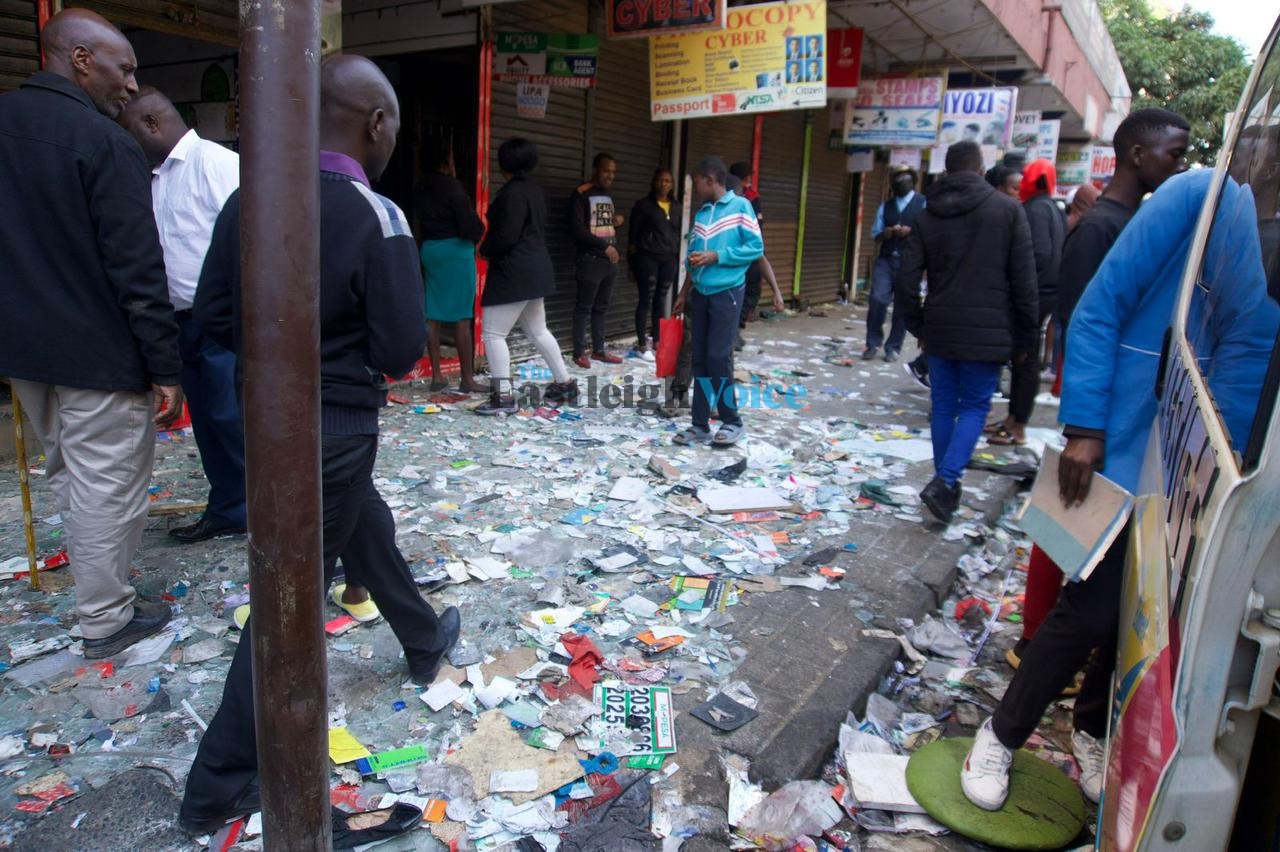 A view of Mfangano street after the aftermath of the protests which occured on June 25, 2024. (Photo: EV)
A view of Mfangano street after the aftermath of the protests which occured on June 25, 2024. (Photo: EV)
Punishments include "a fine of not more than Sh10 million, or imprisonment for a term of not more than 10 years, or both." The court will also order the convicted person to repair the damage caused to the critical infrastructure.
Critical Infrastructure Protection Committee
The Bill also proposes the establishment of the Critical Infrastructure Protection Committee, which will consider applications for declaring infrastructure as critical.
"Any public or private entity may request the Committee to designate any assets or facilities under its control or ownership as critical infrastructure," reads the bill in part.
The Committee will then create policies, strategies, and measures for the protection of critical infrastructure.
"The Committee shall formulate guidelines on how the owners of Critical Infrastructure Assets shall mark, identify, and secure Critical Infrastructure Assets," reads the bill in part.
An asset can be declared critical if its functioning is essential for the national economy, national security, public safety, and the continuous provision of basic public services.
Each county will propose such assets that meet the requirements of the Act for designation as critical infrastructure assets.
"The county governments shall provide the Committee with information and maps regarding the location of the critical infrastructure assets," the Bill reads in part.
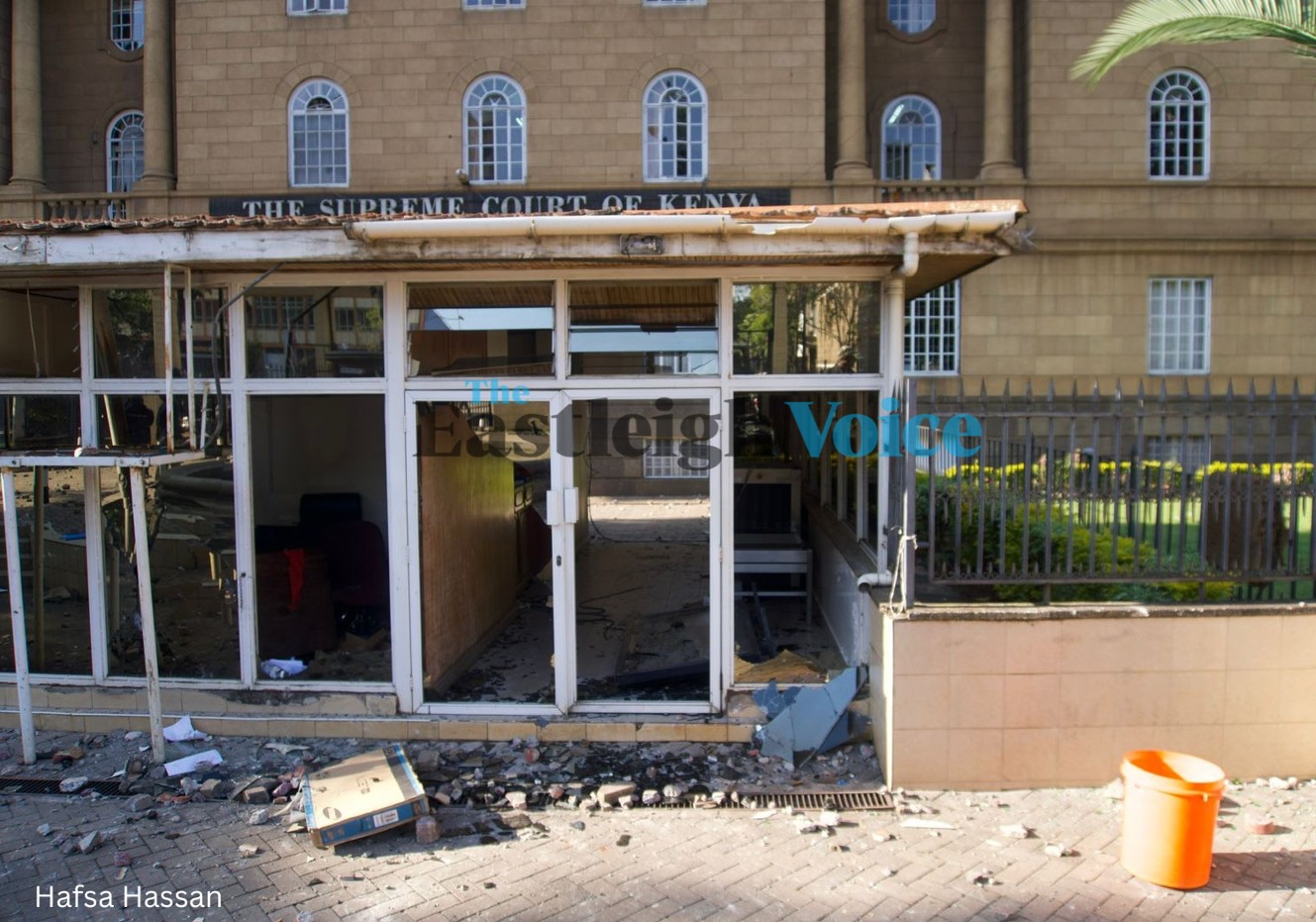 The entrance of the Supreme Court was damaged after protesters stormed the premises during the Anti-Finance Bill demonstrations on June 25, 2024. (Photo: EV)
The entrance of the Supreme Court was damaged after protesters stormed the premises during the Anti-Finance Bill demonstrations on June 25, 2024. (Photo: EV)
The Committee will include PSs for Interior, Finance, Energy, Transport and Infrastructure, ICT, Health, and Natural Resources. Other members are the Attorney General, Chief of Defence Forces, Police IG, NIS director general, and two persons nominated by the Council of Governors.
The bills come in the wake of anti-government protests.
The Occupy Parliament protesters broke through parliament barricades on June 25, 2024.
They opposed the passage of the Finance Bill, 2024 which MPs passed that morning with 195 votes against 106 who opposed.
The protesters uprooted the national flag within Parliament precincts with reports of protesters shot outside Parliament.
A section of parliament that houses offices was also set on fire as protesters stormed the buildings, accompanied by heavy gunfire from police officers battling the defiant crowd.
Many valuable items were vandalized including critical equipment used to facilitate sittings at the August House, flags torn and windows were broken.
Property worth Sh94 million was destroyed during that fateful day as revealed by National Assembly Speaker Moses Wetang'ula.
Top Stories Today


